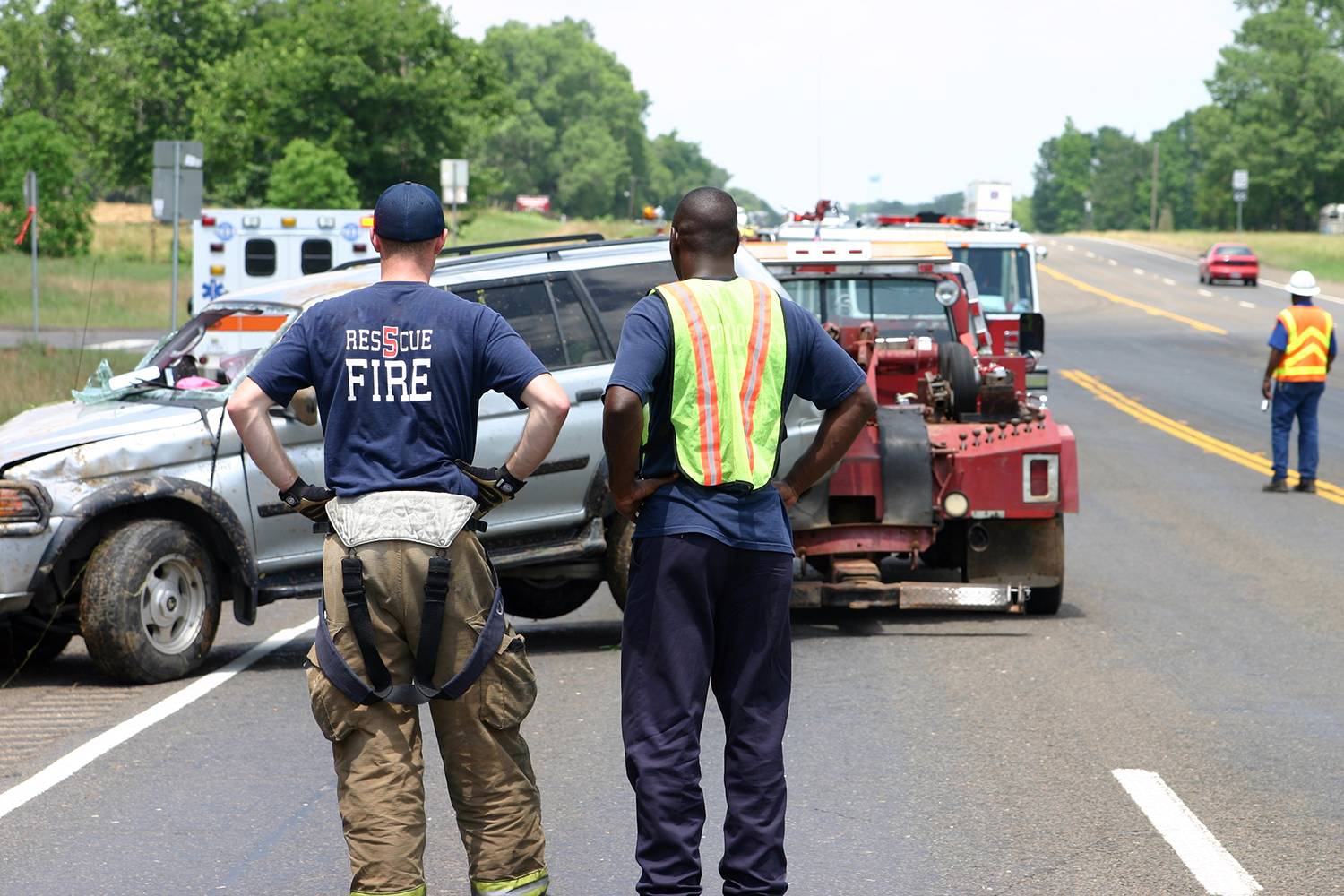State law forbids the act, by a driver, of passing a stopped and shouldered first-response vehicle in an adjoining lane at high speed. The driver, if he or she sees a police vehicle or other first-response vehicle on the shoulder with its lights flashing, must either move over to the next lane or, if this is impossible, must slow down and pass at a rate of speed that will be safe for the first responder. Usually it is best to move over if possible, which is why Scott’s Law is also often called the “Move Over Law.”
The Illinois State Police collects and tabulates reports of Scott’s Law crashes and violations, including incidents involving their own troopers. If someone’s motor vehicle crashes into a shouldered First Responder vehicle, that constitutes evidence that Scott’s Law may have been violated. On the weekend of January 14 and 15, the State Police counted the first Scott’s Law crashes of 2023. The incidents took place in Cook County and in Kankakee County. Both cases involved State Police troopers that had stopped on road shoulders and had activated their emergency lights. In both cases, the cited driver was charged with driving under the influence (DUI), a charge that is separate from Scott’s Law.
If fully adjudicated, both drivers could be subject to separate sanctions for both charges, as well as other charges connected with each incident. A driver who has violated Scott’s Law may be ordered to pay a fine of between $250 and $10,000 for a first offense. Called “Scott’s Law” by first responders, the State law commemorates Chicago firefighter Lieutenant Scott Gillen. In a fatal Dan Ryan Expressway roadside incident, Lt. Gillen was killed by a driver on December 23, 2000.
